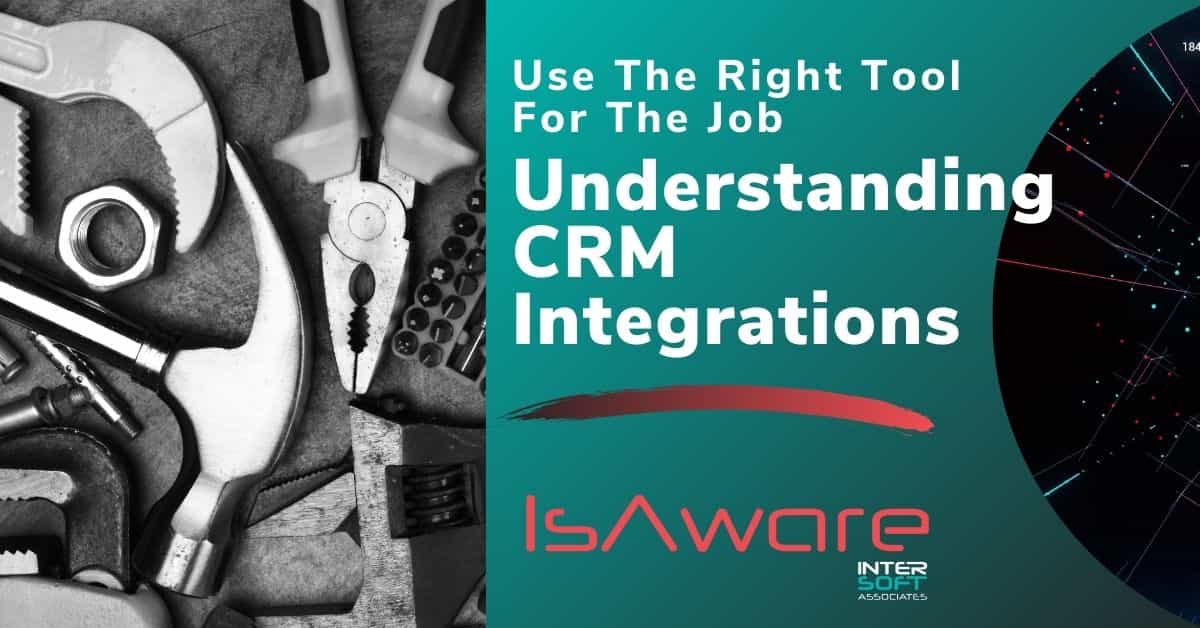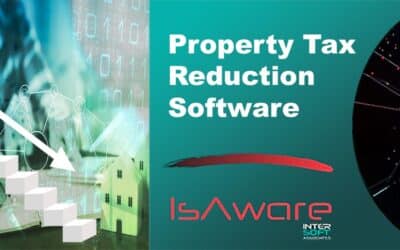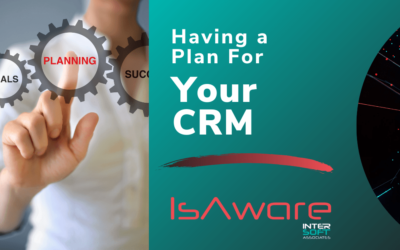The CRM, or Customer Relationship Manager, is an application that helps manage many marketing, pre-sales and sales functions within an organization. Its potential expands, however, when it can be integrated into other parts of your company, like your ERP (Enterprise Resource Planning) system, financial or accounting platforms, productivity or time tracking software, shipping and distribution platforms and much more. In this article let’s explore how businesses can be thinking bigger about how CRM integrations have made 1+1 = 3 in benefits to your company.
What is a CRM?
A CRM helps you manage customer and prospect information. Applications and platforms such as Salesforce, Microsoft Dynamics, Hubspot and many others exist, but some organizations simply organize or manage this information in simple spreadsheets. The advantage of a CRM is, at its most basic, to help you inventory basic customer data like phone number, email addresses, etc as well as the contact activity of the sales and their purchasing history. Most organizations will benefit from more robust capabilities, however. Powerful CRM capabilities can help you understand customers’ online behaviors, manage form submissions, identify trends between marketing and sales efforts, communicate with customers, assist salespeople, launch proposals and much more.
The CRM vs the ERP
We’ve already explored how the ERP, or Enterprise Resource Planning platform, can help function as the “brains” of an organization in terms of managing data from different sources. Consider the CRM and the information it holds as another access point for the ERP – more data to access and utilize. Both can be valuable tools for an organization, but ideally they serve different purposes. The ERP, for instance, helps an organization understand and manage inventory, distribution, imports and exports of goods or services and more. The CRM is a valuable complement to those functions where sales and marketing come as parts of the organizational process. Now consider a scenario where, for instance, the ERP of a manufacturing company indicates recurring orders each month – this could cue the sales teams to take preemptive action with the customer, utilizing the CRM. Connecting the two – or other platforms, systems or applications inside the organization – is where integration becomes highly beneficial and essential.
CRM Integrations
We’ve previously explored what data integrations are and the tremendous value and power they can have with a company’s data and processes. In the case of a CRM, a simple integration might allow better reporting or data visualization. Rather than extending capabilities, for instance, an integration between a CRM and a simple spreadsheet could easily help you report on how many prospect calls were made last month in order to forecast sales better , or in which part of the country or industries the most sales were made.
An example of augmenting capabilities of the CRM through an integration could involve an email platform that, when a new subscriber is enrolled, automatically enters the CRM and assigns a stage in an organization’s sales process. An e-commerce integration into a CRM could help a business identify its most valuable customers, or demonstrate the lifetime value of a customer. This, then, helps you make better, smarter decisions about everything from marketing efforts to product development to distribution channels.
Knowing The Right Tool For The Job
In organizations that don’t create a distinction between the CRM and ERP, there can be confusion and inefficiency. If the ERP is designed to better manage resources – from people to products and everything in between – then it’s not the ideal place for a salesperson to be making notes about pre-sales tactics or for marketing emails to non-customers to be managed. Similarly, the CRM isn’t the ideal place to closely manage accounting functions or vendor relationships.
When the right tool is used for the right job and integrated into another right tool for a different job, companies will be using data more efficiently and intelligently. For instance, an integration between QuickBooks and the CRM can help you create detailed reporting on how long it takes a new customer to move through a marketing channel and into becoming a paying customer. An additional integration into shipping or distribution platforms can show which customers or regions are taking longer than others to receive orders. Another integration into an application that helps manage online reviews can help connect the relationship between customer satisfaction and which shipping companies are being used. You can see how the scenario can become almost boundless with the right integrations. Moreover, new solutions, ideas and integrations can introduce new ways of thinking, or new data to be discovered and used. In essence CRM integrations and other data connections allow a company to custom develop sophisticated systems that are ideal for how its people work, the obstacles or challenges it commonly faces and where new efficiencies, information or reports could create new business opportunities.
Summing Up CRM Integrations
The CRM and the capability to integrate its data into other systems and platforms that are strategic is not some magic that only large enterprise organizations can enjoy. Many powerful integrations can be created quickly, easily and inexpensively. The starting point shouldn’t be to ask, what more can we do with our CRM, but rather to ask, what issues or problems are we struggling with, or what new details or data could help us make smarter decisions? With the right questions in mind, a custom software development company can listen, consult on options and solutions, and ultimately help you take the best next step forward with doing more with your data. At InterSoft Associates, we’re experts in helping your business grow with the right software solutions and CRM integrations. Let’s talk about how we can help you.






